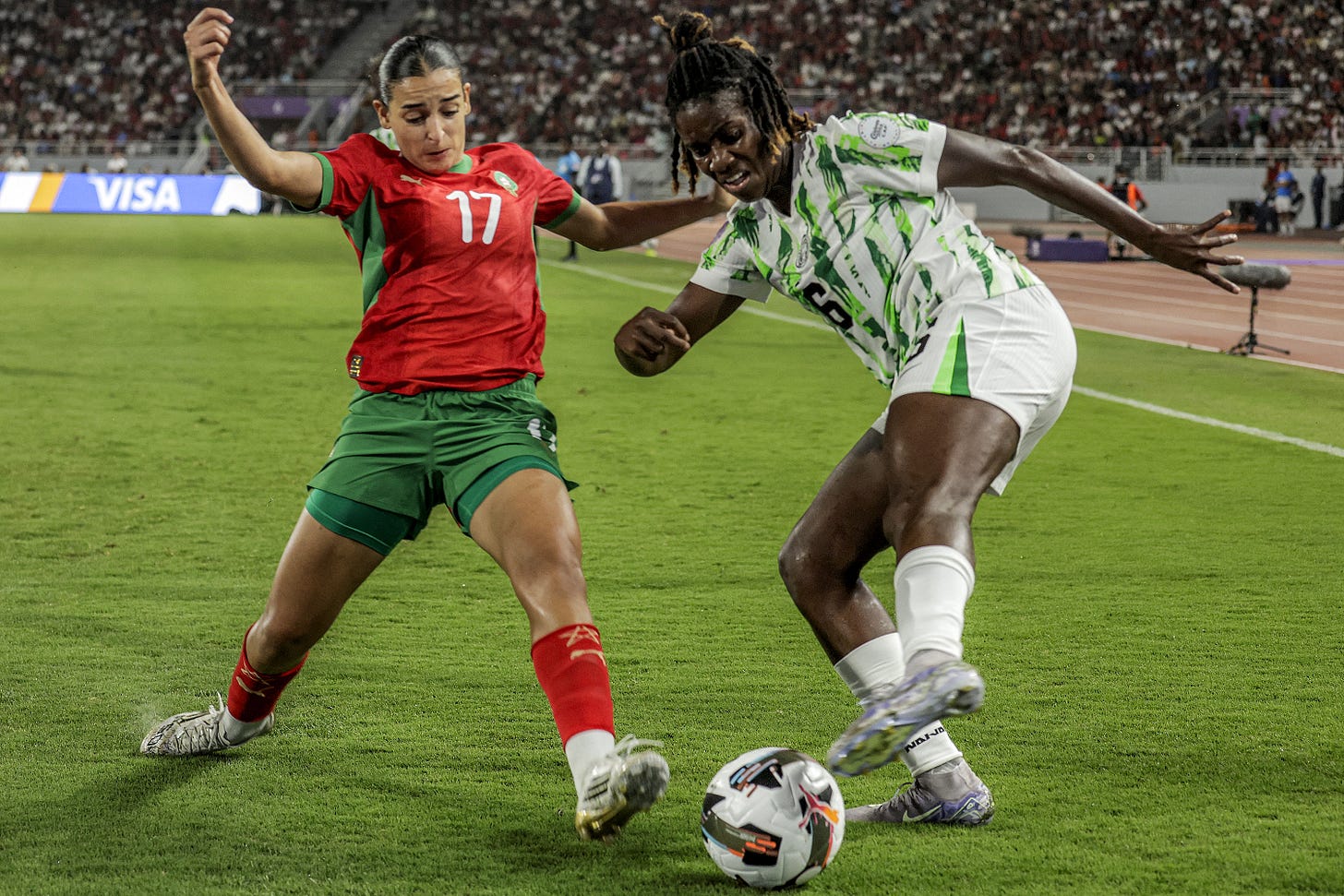Ten African players to watch from WAFCON 2024
The Cutback highlights some of the exciting talent to emerge from Morocco
The 15th edition of the WAFCON concluded with a dream final between the powerhouses of the continental game - Nigeria and the new-money of Morocco. Both sides had squads packed full of familiar names and average ages above 25 which speaks to the importance of experience.
However, the joy of these events is also in unearthing the raw diamonds. The Cutback





